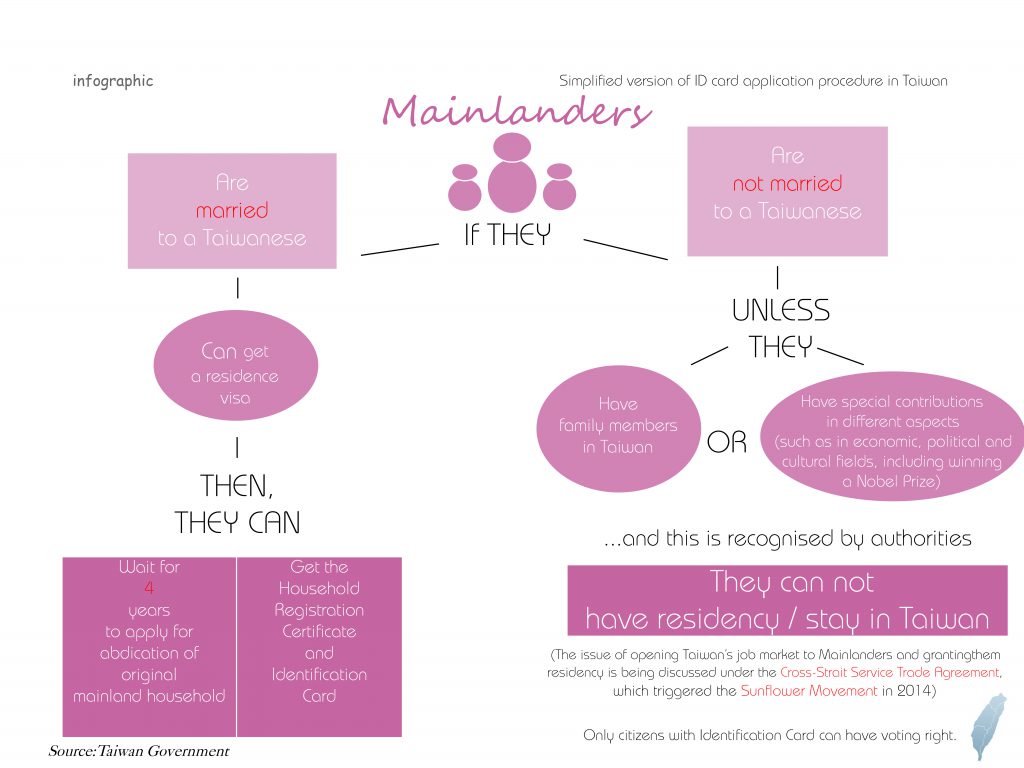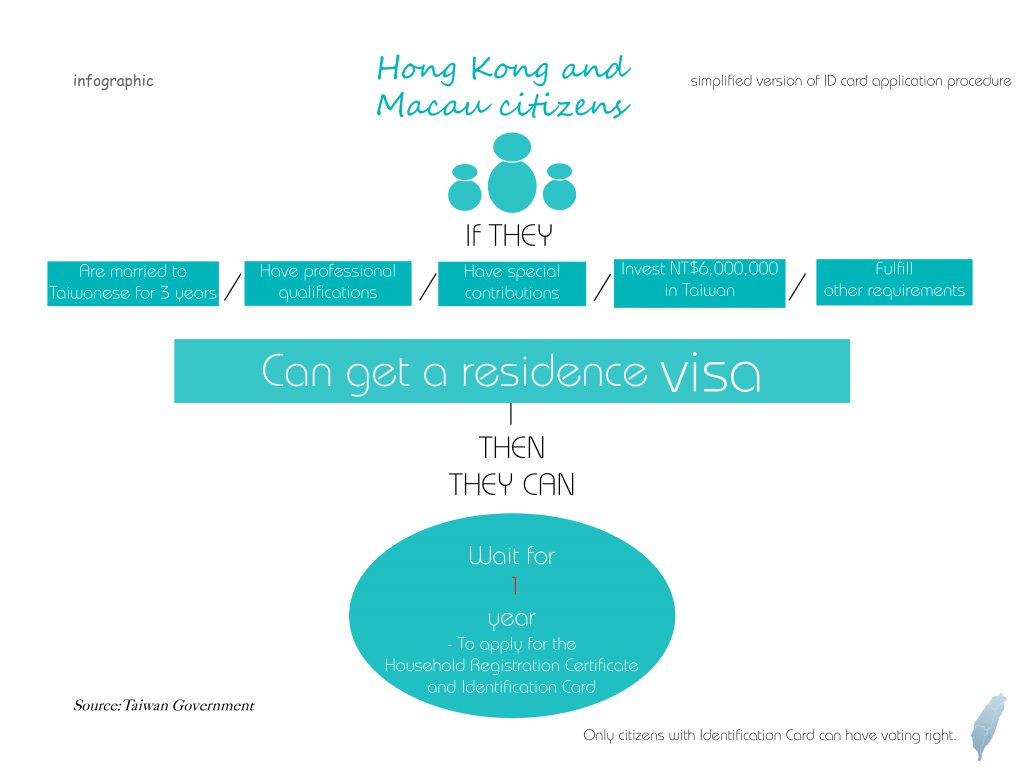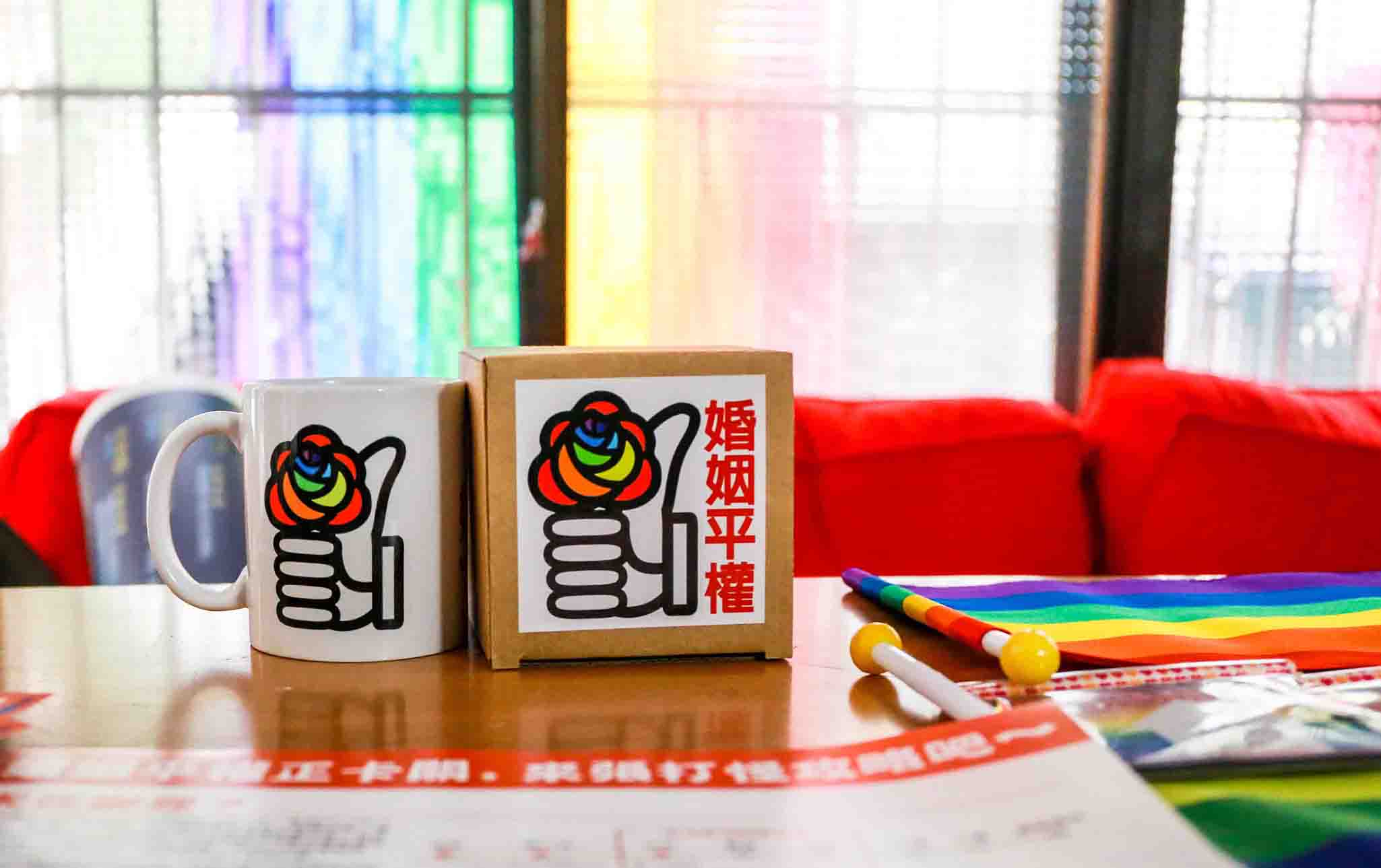Friedman says politicians ignore foreigners’ concerns and issues, including their voting rights, precisely because they do not have a vote and politicians only care about those who can vote for them.
He says the current system is unfair, as naturalized R.O.C. nationals cannot hold dual nationality but those who are born as R.O.C. nationals are permitted to do so.
Bruce Liao Yuan-hao, an associate professor at National Chengchi University’s College of Law says foreigners’ renouncement of their original nationality is traditionally viewed as “loyalty” to their new country.
He points out the concept of the “nation state” is embedded in Taiwan’s Nationality Act and Migration Act. He further explains nationalism was widespread after World War II, and most countries did not allow foreigners to hold dual citizenship, still less have voting rights. European countries only began to give foreigners with residency voting rights in local level elections after the establishment of the European Union. The United States followed suit in recent years.

The issue of foreigners gaining R.O.C. nationality came under the spotlight in recent years with the widely reported case of American Father Brendan O’Connell in 2012.
The nearly 80-year-old has served the disabled in Taiwan for over 50 years and decided to spend his remaining years there. As O’Connell did not wish to relinquish his original nationality, he asked to be allowed to hold dual citizenship. That year, the Ministry of the Interior (MOI) submitted an amended draft of the Nationality Act to the legislature to permit foreigners with distinction and special talents to hold dual nationality.
However, the draft has yet to begin its passage through the legislature process because of the different political parties failed to agree on initiating the process.
There have been other attempts to relax legislation on nationality and voting rights for non-nationals. In 2007, Liao negotiated with legislators to find a way to allow foreigners with permanent residency to vote in local elections. That too failed but Liao says he understands the issue is sensitive in Taiwan. There are underlying fears that such reforms could open the door for recent migrants from Mainland China to vote and potentially influence Taiwan affairs.
The Republic of China in Taiwan was established in after the Kuomintang (KMT) lost in the Chinese Civil War to the Communist Party in 1949. The KMT declared martial law on the island, which was not lifted until 1985, and during this period the Taiwan found itself isolated from the outside world.
Liao says that before it began to open up and foreigners began coming to Taiwan in the 1990s, Taiwan was “an island that didn’t consider the entry of foreigners”.
With the lifting of martial law, the rise of local social movements and democratic reform, the Taiwanese began to consider their “national identity”. Given the often tense relationship between Taiwan and the Mainland, the controversial issue of voting rights for Mainlanders is brought up every time the question of voting rights for foreigners is raised.
















































It is good that you shed some light on this important issue, but you missed a major point, that is, why can foreigners from China hold dual citizenship here while foreigners from elsewhere can not.